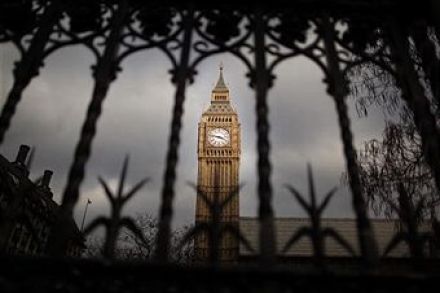Missing link
In times of anxiety or confusion the most effective palliative is a good detective story. The requirement is that a sense of justice be restored, and, paradoxically, given the fictional events portrayed, a much desired sense of order. The effect is transitory but reliable. It is also necessary that the protagonist be a man of principle. Such a one is the unassailably virtuous Simon Serrailler, Susan Hill’s detective hero, now making his fifth appearance in this agreeable series. He is, of course, no stranger to melancholy, largely in connection with his equally high-minded girlfriend from whom he is momentarily estranged. And he lives in Lafferton, a small fictional town which













